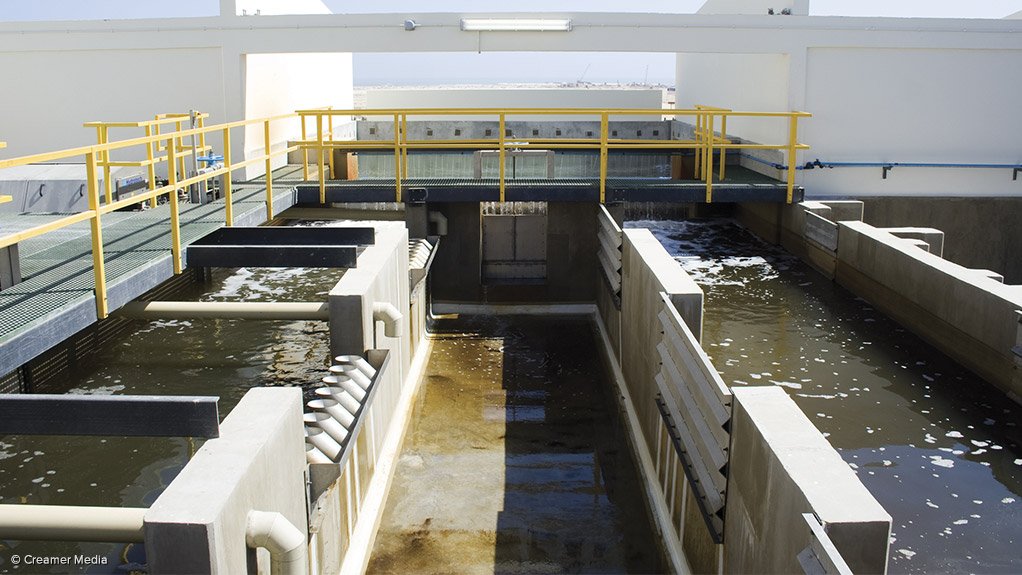As climate change increasingly poses a risk to water security, the flexibility and diversity of bulk water distribution and the effective management of these systems are essential to secure future water supply.
“Water security depends on the systems that are in place to manage it. Risk is system dependent,” consulting engineering company Aurecon technical director James Cullis tells Engineering News.
Cullis, having done system modelling, hydrology, climate change and water resource studies for the Department of Water and Sanitation, as well as for other national departments, municipalities and towns throughout Africa, believes that the strategic design of water supply systems and their effective management are essential to mitigate changes in water availability and demand patterns.
“Often, there is a discrepancy between where water can be found and where it is needed, both in terms of time and space. Climate change will also have different impacts on different parts of the country,” he says.
Cullis adds that location and type of infrastructure are key factors in mitigating water supply risk.
South Africa already has a complex system for water transfers across the country and between catchments, which provides potential for strategic adaption to counteract climate change risks in water-scarce parts of the country.
“Increasingly, we are also seeing alternative water supplies being used globally, such as desalination, groundwater, managed aquifer recharge, or direct and indirect reuse,” Cullis notes.
Desalination has potential as a guaranteed source of water supply, although it is expensive and energy intensive. This has economic and environmental cost implications, owing to the high energy tariffs and South Africa’s coal-based electricity generation, which is a significant contributor to greenhouse-gas emissions.
Cullis believes that direct potable reuse is one of the most promising alternatives, with Windoek, in Namibia, serving as an example where it has been used successfully for many years.
“Direct potable reuse has many benefits, such as lower energy use and mitigating wastewater release into the environment,” he explains.
In terms of storage capacity, South Africa has one of the highest numbers of large dams globally – ranking sixth – with the most of any country in Africa.
“The challenge is that there are very limited options for additional storage capacity, such as new dam sites, to be developed without a significant social or economic impact,” Cullis explains.
Therefore, alternative additional storage options need to be explored.
“We need to have more conversations around establishing a circular water economy in South Africa. This is a major point of discussion globally as water security becomes a more pressing matter worldwide,” he concludes.
Edited by: Zandile Mavuso
Creamer Media Senior Deputy Editor: Features
EMAIL THIS ARTICLE SAVE THIS ARTICLE
ARTICLE ENQUIRY
To subscribe email subscriptions@creamermedia.co.za or click here
To advertise email advertising@creamermedia.co.za or click here













